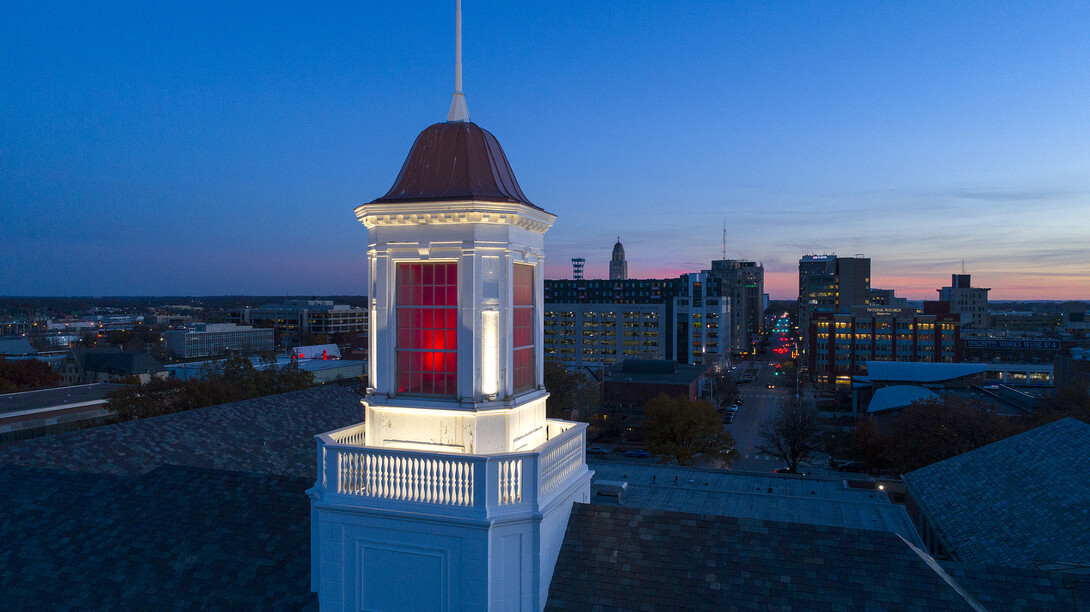
The University of Nebraska-Lincoln will not consider additional budget reductions at this time due to some improvements to the university’s budget picture, Chancellor Ronnie Green announced Dec. 5.
The news came as campus leaders were poised to present approximately $4.3 million in proposed program cuts to the Academic Planning Committee on Dec. 6. The committee is a campuswide group that reviews budget cut proposals and recommends action to the chancellor.
Green and Hank Bounds, president of the University of Nebraska system, have warned that additional budget cuts are likely in fiscal year 2018-19 if declining tax receipts result in the Legislature further reducing aid to the NU system.
Bounds informed the Board of Regents Dec. 5 that “smart management of very slim margins” had allowed the university system to avoid program cuts for the time being. However, he warned that the “toughest days are ahead.”
The University of Nebraska-Lincoln will move forward with approximately $3.8 million in proposed reallocations presented to the APC on Nov. 15. No programs or faculty positions are to be eliminated through the proposals.
The proposed reallocations will be finalized in the spring.

A series of cost–savings strategies developed by the university system’s Budget Reduction Teams are also being implemented.
“I know this is a relief for all of you — as much as it is for the administrative leadership,” Green wrote to the Academic Planning Committee in a Dec. 4 memorandum. “While I am hopeful we will not have to come back to the table to consider program cuts in the future, this fall’s work will enable us to move forward expeditiously if more reductions are needed.”
Original budget projections, which called for the university to reduce costs by $17 million by June 30, 2019, had assumed health insurance rates would increase by 10 percent per year and that the budget response recommendations would generate $5 million in savings during the 2017-18 budget year.
Green said the latest figures show that, in the current fiscal year, university health care will increase just 5.7 percent and budget response recommendations have resulted in $6.6 million in savings. With the reduced health care costs, the university’s fiscal year 2017-18 budget reallocation has been reduced to $3.3 million.
Over the course of the two-year budget period (August 2017 to July 2019), Budget Response Team recommendations are expected to generate $11.3 million in cost reductions for the flagship institution.
“We have avoided the need for potentially painful decisions for the time being,” Green said. “Even though the state economic situation remains uncertain, we cannot and will not relent on our goals to push this university into ever higher-echelons for enrollment and achievement. With creative thinking and judicious spending, we can continue to progress toward those goals.”







